When our Berber guide Hicham was speaking of destiny, he was referring to the concept of Qadar. In Islam, Qadar or “divine destiny” means that we have agency to act freely and have autonomy over our decisions. However, we do not have control over the ultimate outcome of these decisions. This is what shapes our predetermination. “This is your destiny,” said Hicham, as he stood pointing to a snowcapped peak soaring into the sky.
The day prior to our ascent, our cab pulled to the curb in Imlil. As I stepped out, I was greeted by a cascade of mountain air with a subtle fragrance of fresh apples lingering in the breeze from nearby orchards. Ariane and Bella, two dear friends of mine from UNE, followed suit, making their way out of the cab. I stood, taking a moment to admire the tranquility of my surroundings. It was mid-morning as hikers, locals, and guides murmured, making their way around the tiny village tucked into the Atlas.
Hicham stepped out of the cab with a smile, then motioned for us to retrieve our bags from the trunk. The driver got out of the car too, moving swiftly to the trunk, and passed me my bag before I had even interpreted Hicham’s signal. I promptly slung on my backpack, immediately feeling its weight on my shoulders.
As Hicham came around to the back of the car, he put his hand under my pack to feel its weight. “Ok,” he said, “I have hired a mule, he will come and take our things.” When he said this, Bella, Ari, and I had a shared reluctance, we were under the collective pretense that we could take care of our gear and that a mule would slow us down.
When we told Hicham of our hesitancy with the mule, he shook his head and laughed a bit, as if he had to deal with this scenario many times before. He explained that despite us feeling confident and full of energy now, we would need it to reduce weight and keep us from slowing down.
Even though I understood where he was coming from, I still felt it was unnecessary since we had all, in my mind, packed quite light. However, Hicham, being as stubborn as a mule himself, was unrelenting in his decision to keep the mule.
A few minutes later, the mule arrived, guided by a young, bearded man, probably in his early 20s. He used a short 2-foot segment of black rubber hosing to tap the side of the mule, making it stop before us. Hicham greeted the man with a smile and conversed with him in Arabic. After exchanging a few laughs, Hicham took his red hiking pack off his back, plunging it into one of the large saddle baskets on the side of the mule.
Hicham then turned to us, telling us to put anything we wouldn’t immediately need onto the mule. Begrudgingly, I removed the sleeping bag and put it in one of the baskets, at least it was an extra pound off my back.
“Yallah!” Hicham exclaimed, motioning for us to follow him, as we began making our way through Imlil. Despite it being around 80ºF when we arrived in Marrakech, Imlil felt at least 15º cooler. I was already beginning to feel a chill in my blue North Face shorts and grey Smartwool t-shirt.
Soon we left Imlil, continuing through a valley, passing stone walls and apple trees that vaguely reminded me of the New England countryside. Small flocks of sheep and goats hopped among the rocks, stopping to eat the small pockets of grass scattered along the landscape. Families of the local houses sat nearby, some watching their flocks, others washing and hanging blankets and linens to dry.
“We are a few hours from where we will have lunch and Berber whiskey in Sidi Chamharouche, but we will have a break in about an hour,” Hicham said.
“Berber whiskey?” I laughed.
“Ah!” he said, “this is what I call Moroccan mint tea.”
As we kept hiking, Hicham and passing other guides, he would always say “Salam Alaykum” to every one of them. I had noticed this at the police checkpoint too, he was always exchanging curtsies with the locals here, often stopping to chat and have us go on ahead.
Catching up to us, after having talked to another guide, Hicham gave us an impromptu Darija quiz, asking us, “Do you know what ‘Salam Alaykum’ means?”
“It means peace be with you,” I answered.
“Ah, peace be upon you,” Hicham corrected.
In no time we made it to our first stop, a little hut on the side of a mountain that served freshly squeezed orange juice. A group of British women had gotten there before us and were chatting incessantly, all speaking over one another while sitting around a set of plastic chairs and tables.
I made the deliberate choice to score a table as far away from them as possible, picking a table that overlooked the mountainside with a gully flowing with cold glacial water below. Ari and Bella soon joined me at the table, after getting some juice. We didn’t talk much. Instead, we just smiled as we took in the majesty of the dynamic landscape. As Cicero once said, “Silence is one of the great arts of conversation.”
After sharing some almonds, and having some juice and water, Hicham Yallah’ed us to our feet, and we made our way to Sidi Chamharouche. The trek there was uneventful, but as scenic as ever. The trail began to narrow as we got higher and higher up, making us have to step aside for any donkeys and mules armed with cumbersome saddlebags protruding from their sides. I soon learned that stepping aside for the mules was the perfect opportunity to drink my water or have a handful of almonds.
Soon the giant white shrine of Sidi Chamharouche came into view, with a green triangular flag flying from its top. The shrine is a popular pilgrimage site, the massive white boulder is worshipped and dedicated to the djinn Sidi Chemharouch (or Saint Chemharouch) who is considered to be the king of djinns. Many make pilgrimages to this site when seeking guidance, wishing for luck, performing exorcisms, and requesting good health—often via animal sacrifice. As we made our way into the village, Hicham pointed out that a large number of people here had come to consort this pre-Islamic deity, many of whom had traveled great distances to make their pilgrimage.
After stopping for lunch, we soon made our way out of Sidi Chamharouche, and the white boulder faded into the distance. Hicham explained the plan: after around three more hours of hiking, and a few stops along the way, we would arrive at the refuge where we would spend the night before our final ascent to the summit.
Replenished from our lunch and the liters of mountain water in my hydration pack, I was energized for the remainder of the day’s hike. The next few hours of the hike flew by, as our elevation steadily increased along the trail, and the sun began to tuck itself behind the mountain ranges, bleeding its last light, as the cold evening began to asperse itself over us.
Soon, the stone building of the Refuge des Mouflons emerged into view, a giant grey complex tucked into the gully between Mt. Biguinnoussene to its right and Toubkal’s Western peak to its left. Its scattered windows refracted the dissipating orange light of the sun, making the refuge appear like a beacon in the valley. As we got closer, campgrounds came into view with empty plastic water bottles of Aïn Atlas littered along the trail, the sight was ironic as much as it was disgraceful.
Approaching the low stone walls around the refuge, donkeys and mules grazed upon the soft greenish—tan grass that filled this area of elevation at ~3000m. Making our way to the door, a man in a fleece, hiking pants, leather sandals, and knit skullcap emerged out of the doorway, walking out with a pack of Camels in one hand and a lighter in the other.
“Hello! How are you?” he asked, in an accent I couldn’t quite pin, but came across as Turkish –or possibly from somewhere in the Balkans– especially the way it aligned with his olive complexion.
“Hi, I’m good, you?” I replied in a tone that sounded far too monotone and exhausted than I had wanted.
“I’m good, man,” he said, smiling, as he tapped the bottom of his pack, fishing for a cigarette.
I smiled back, as I made my way in the door. What first struck me was the beauty of the refuge, its stone construction camouflaged among the fields of black rock visible from outside its windows. It had the charm of an old alpine ski lodge.
The night at the refuge was relatively uneventful. Most of our night was spent discussing the details of tomorrow morning’s hike with Hicham over several bowls of harira, fresh bread, a chicken tagine, and fresh pomegranate. He explained to us the plan: we would awake for breakfast at 5:30 and then begin our ascent at 6:30 sharp.
We went to our bunks and by 5:30 the next morning I was ready. Breakfast consisted of bread, instant milk, boiled eggs, and cheese. I had my fill, and it was soon time to start the ascent.
We convened in the lobby and Hicham led the way out of the refuge. With the light of our headlamps, we walked through a clearing with slumbering donkeys, above them were the stars cascading the black morning sky. I almost lost my footing a few times, looking up in awe at the shimmering constellation of Orion, I had never seen it so vividly like that before.
About an hour into the hike, morning light broke over the mountaintops, spilling tones of rich citrus and pink over the snowcapped peaks. It was about this time when we began feeling our first symptoms of altitude sickness. Since we were passed 3000m and climbing, there was about 30% less oxygen in the air than we were used to.
The main symptoms we experienced going up were the telltale symptoms of acute mountain sickness, including a headache, fatigue, and nausea. My symptoms only fluttered periodically for about an hour until they unexpectedly vanished, which was a wonderful relief.
Despite feeling the effects of the altitude, I found myself completely immersed in the hike for much of the ascent. It became very technical in spots, and I kept my gaze towards Hicham, following his angle of approach, never deviating from his path. Every step and foothold required forethought and precaution; the hike used as much mental energy as it did physically. Stopping for too long would turn you into an icicle and going too fast would wear you out. Remaining calculated and attentive to your body was paramount.
We soon found ourselves at around 4000m, taking a quick break before making our last push to the summit at 4,167m. After devouring some cashews, I rubbed my hands together in a fruitless attempt to get some feeling back into them. Then began our final stretch toward the top.
When we reached the summit, I could feel the nerves in every extension of my body—aside from those numbed from the cold. There was no use sitting at the summit, the rock and snow would drain any heat from my body. The sun was no companion here, it provided little warmth and mostly created a blinding glare off the snow. Despite this, and the haziness off in the horizon, it felt like every black and white peak of the Atlas was at my frostbitten fingertips.
The thrill quickly diminished as we began our descent off the mountain and the long journey back to Imlil. We took our time with the descent, trying not to slip on the loose rock. It was about halfway down our ascent when Hicham told us of a girl who had died on the mountain a little over a week ago.
“It was her destiny,” said Hicham, as he stood pointing to a sheet of snow and ice atop a peak, which we had scaled hours earlier during our ascent. She had fallen some 300m, tumbling to her death from the ice sheet onto the jagged black rocks below.
Hicham spoke more to this: “I didn’t want to scare you, so I waited till now to tell.” Hearing this sent chills down my back—even more so than the wind that was peltering us on the ridgeline. All I could think about was her fall onto the cascades of black rock in the valley below, rocks that gnawed at your feet like teeth, sinking their incisors into the soles of your boots with every step.
Hicham took a seat on a small ledge and fixed his gaze on the ridgeline opposite us, where the lady had fallen.
“In my religion, we believe in destiny,” he said consolingly. “Despite our deeds, our destiny…how do you put it?” He pondered.
“Our fate cannot be shaken,” I said. Hicham nodded at me and returned his gaze to the ridge.
“Yes,” he responded, “Our destiny is fixed.”
The lady who fell—whose name is yet to be disclosed—was British. Tabloids covered the story, detailing a woman plummeting hundreds of meters to her death and her deliberate choice to go without a guide. I couldn’t help but think how this could have ended so differently. Why hadn’t she gone with a guide? It almost seemed negligent, but these questions are easy to raise in hindsight. She very well could have been an experienced climber and she just got unlucky, stepping on loose snow or maybe her crampon didn’t sink in far enough. After all, it only took one step out of thousands on her trek to send her plummeting. I think Hicham spoke the truth when he said, “It was her destiny.” We don’t know what causes someone’s fate, just as much as we don’t know what will cause our own.
Despite Hicham speaking of Islam, his sentiment came across to me with strong sentiments of stoicism, perhaps because it is a close parallel to this Western philosophy. I was reminded of the famous quote by Marcus Aurelius in Meditations: “You have power over your mind—not outside events. Realize this, and you will find strength.” This complements the Muslim mindset of Qadar: its purpose is to keep believers from being excessively proud or excessively miserable. From a Muslim perspective, this strength is found in the balance of distinguishing between what we choose to do and what is chosen for us as separate entities. This is not to be construed that we should place ourselves in an existential limbo due to our actions being unable to shape our fate. Instead, we should embrace the autonomy we have in life and “think of what a precious privilege it is to be alive—to breath, to enjoy, to love,” as Marcus Aurelius also wrote.
On that ridgeline in the Atlas, Hicham’s words reminded me of the privilege of life. “The past is uncertain, the future obscure,” said Thales of Miletus over two and a half millennia ago. We don’t know for certain what tomorrow holds, we do not know or control what endures and what changes. As the seasons change on Toubkal, with snow caps constantly expanding and receding, the rocks we tread are always changing position, “there is nothing permanent except change,” as Heraclitus once said. With change being the enduring aspect of life, we cannot dwell on an unshaken fate. We must accept that change follows us up and down mountains, in this way –as Heraclitus enigmatically puts it– “the road up and the road down is one and the same.” This condition of human existence is enduring.
As we made our way back into Imlil, the moon was rising, a luminous waxing gibbous. From our perspective in the gully, the moon had abridged an intersecting gap between two mountaintops, its light trickling luminosity over their tan surfaces, as the twilight turned the outer ridgelines into bluish silhouettes. Hicham and I had gotten some of the fresh apples and were returning to a field where Ari and Bella had been waiting for our cab that was around fifteen minutes away. As we collected under the rising moon, the call to prayer sounded through the valley, echoing off the mountain range that sheltered the village from all sides. It was the sound of surrender, a surrender to something greater.
I found myself lost in a vague sense waiting for that taxi. “Sometimes I think we could have gone on. All of us. Trying. Forever. But…everyone, everywhere gets up, and goes home. Yet we must not diabolize time. Right? We must not curse the passage of time,” wrote the poet Jennifer Michael Hetch. It seemed like there a chapter of my life had simultaneously unfurled and closed before me.
About a week after hearing the lady’s story on Toubkal, I lay wide-eyed in my bed. It was approaching and then passing midnight when Hicham’s words hung over me. It was his talk of destiny. I envisioned those families in the Atlas and Imlil, how they collected outside their homes as a family, with their livestock –primarily of goat and sheep– hopping from rock to rock, munching at the grass amongst the scattered knolls. “Very little is needed to make a happy life; it’s all within yourself, in your way of thinking,” wrote Marcus Aurelius. Envisioning the people of the Atlas made me embrace every particle of this sentiment.
Of course, the more sobering thought of the girl also came to mind, “As is a tale, so is life: not how long it is, but how good it is, is what matters” once wrote Seneca. Despite seeing the wisdom in these words, I find myself thinking more often of fate, life, and what lies beyond the two. If my fate were right in front of me, or perhaps a few feet away, would I live my life differently? This type of self-imposed question is something that “puts a special burn on sunsets and makes night air smell better” as Henry Rollins wrote. No matter what is to come in life and the culmination of our destiny, such perimeters can make our existence feel limitless. To quote Paul Bowles in The Sheltering Sky:
“Because we don’t know when we will die, we get to think of life as an inexhaustible well. Yet everything happens only a certain number of times, and a very small number really. How many more times will you remember a certain afternoon of your childhood, an afternoon that is so deeply a part of your being that you can’t even conceive of your life without it? Perhaps four, five times more, perhaps not even that. How many more times will you watch the full moon rise? Perhaps twenty. And yet it all seems limitless.”
This sentiment has followed me beyond my trek and encompassed me beyond my time here. I am reminded “Though noonday shadows are assembling doom, the sun remains when I remember them; and death, if it should come, must fall like quiet snow from such clear skies…as a restless needle held by the constant north we always have in mind,” wrote J. F. Hendry. Much like those final lines of Alfred, Lord Tennyson’s Ulysses:
“Tho’ much is taken, much abides; and tho’
We are not now that strength which in old days
Moved earth and heaven, that which we are, we are;
One equal temper of heroic hearts,
Made weak by time and fate, but strong in will
To strive, to seek, to find, and not to yield.”
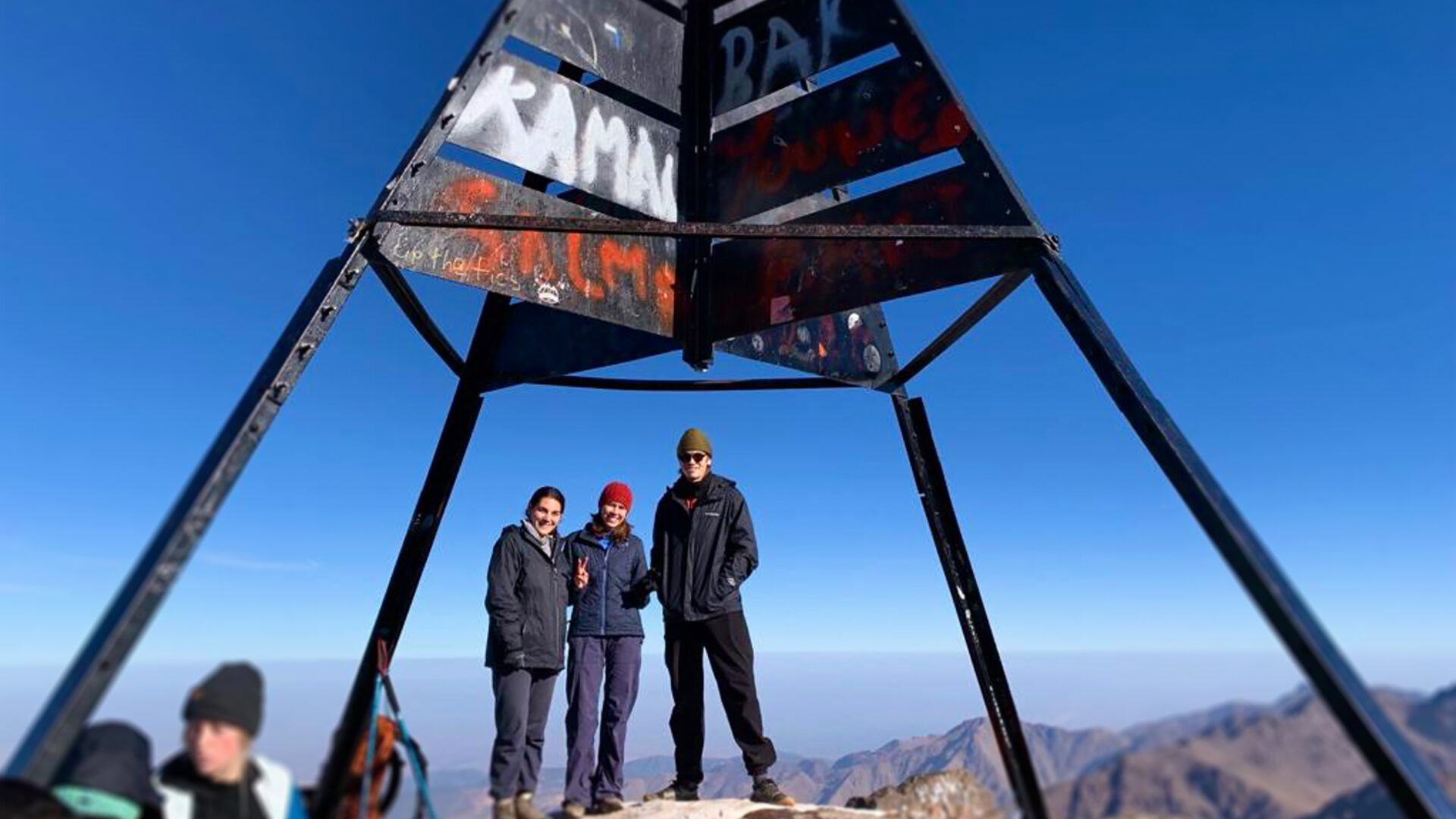
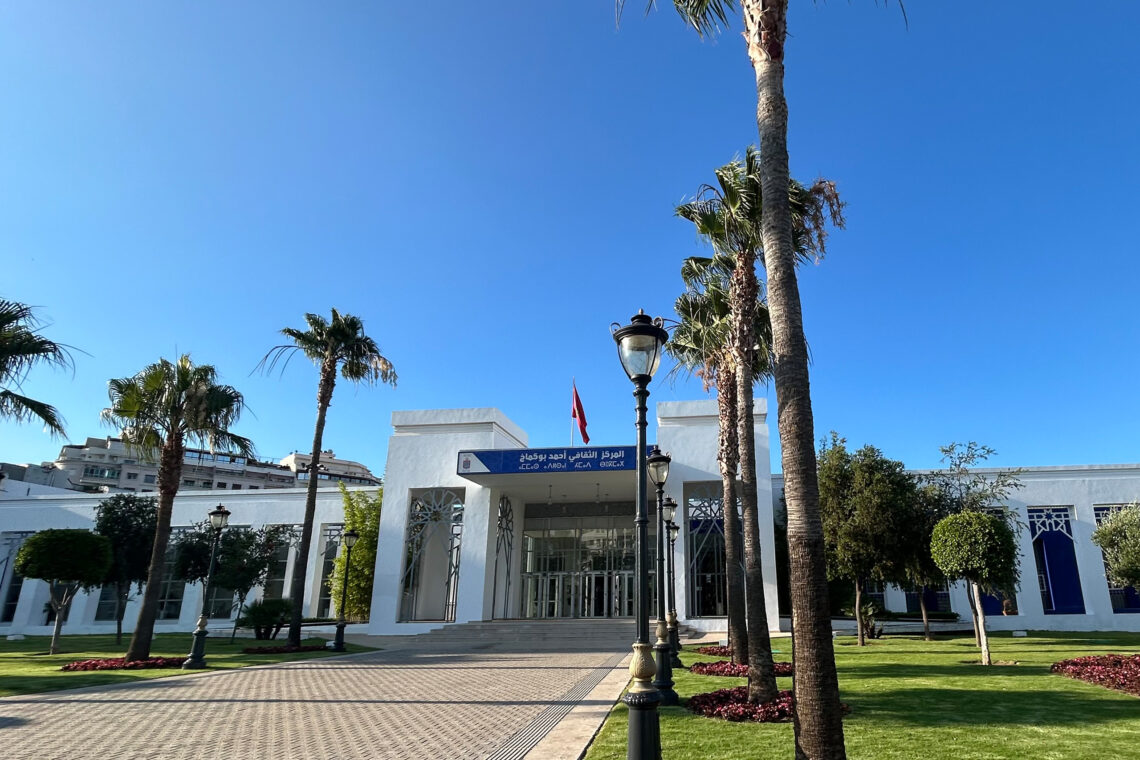
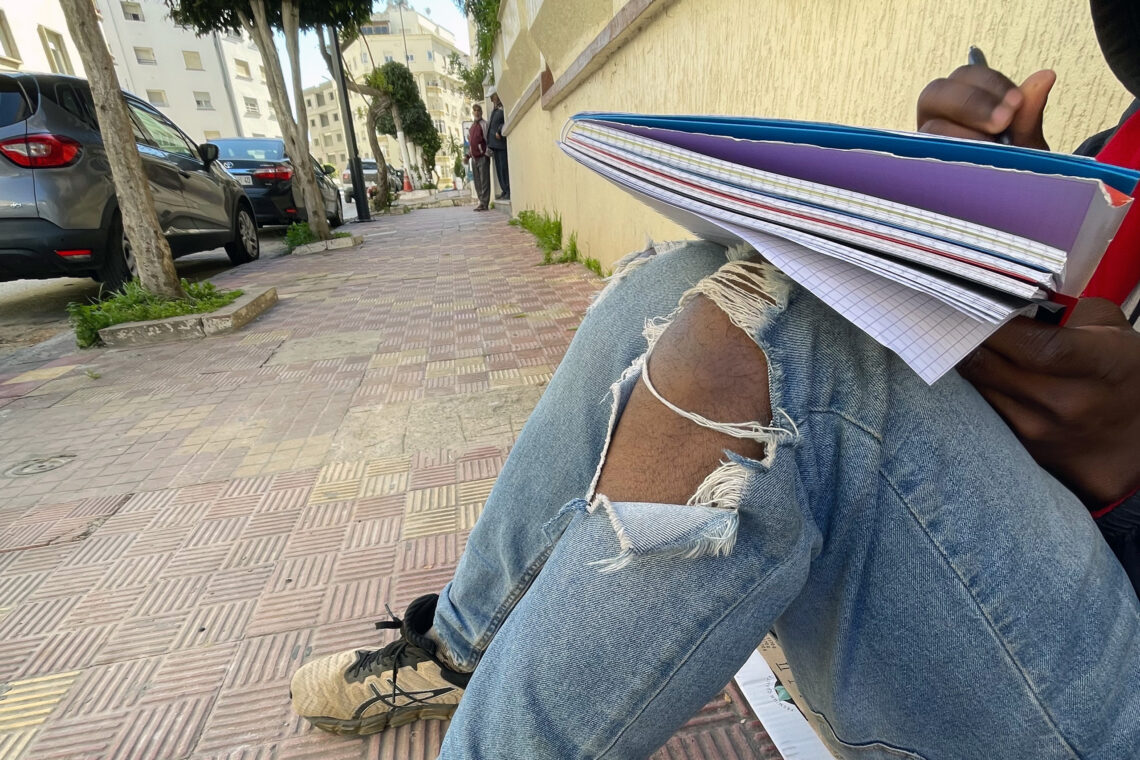
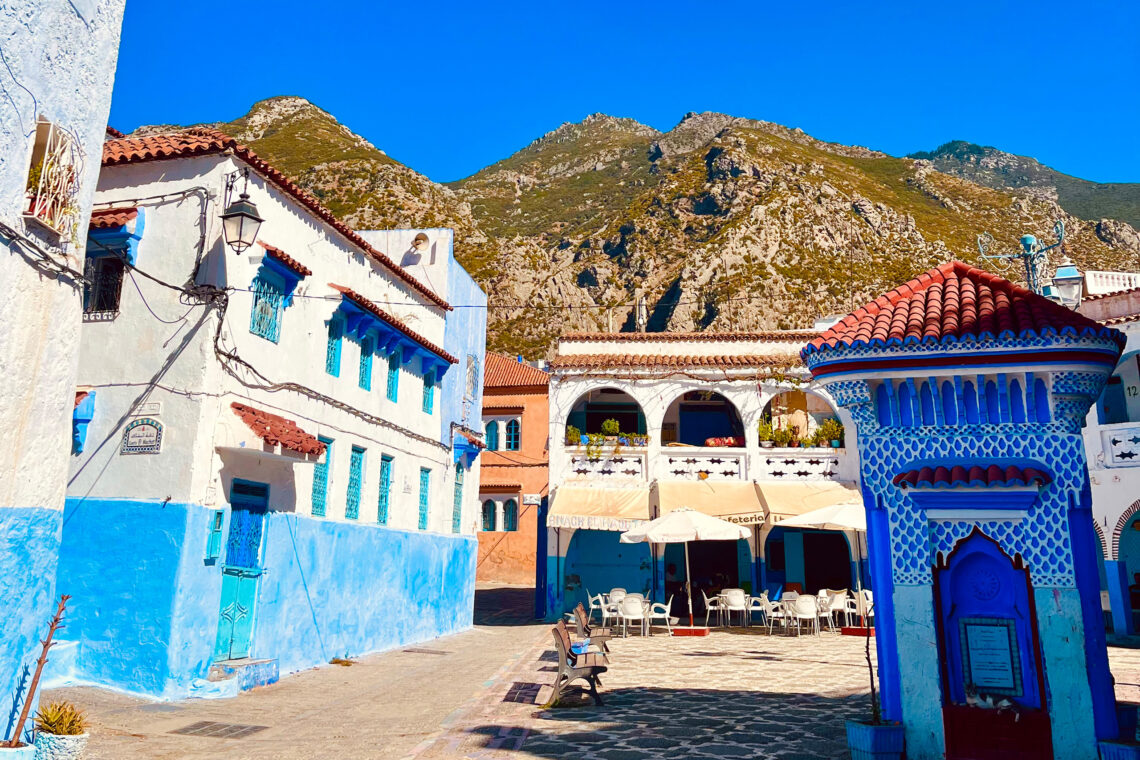
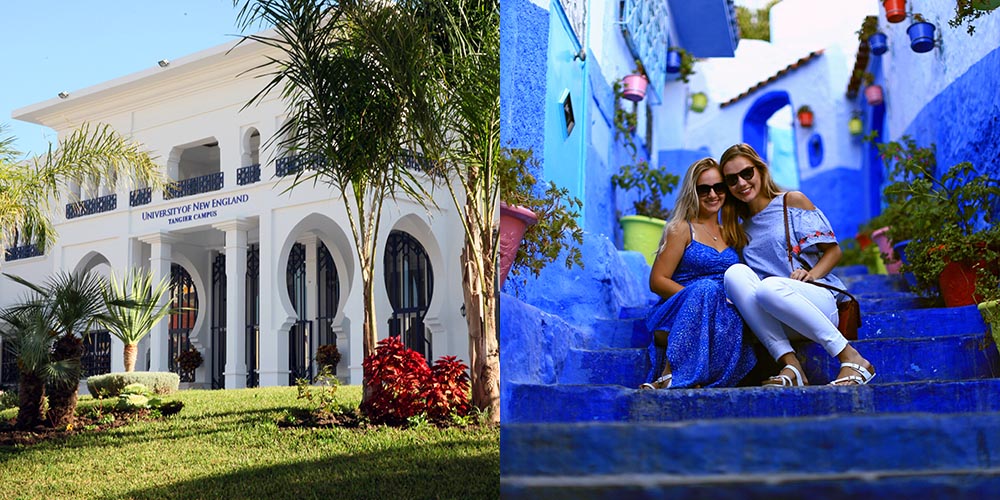

Comments are moderated by the editor and may not appear on this discussion until they have been reviewed and deemed appropriate for posting. All information collected is handled in a manner consistent with our privacy policy.